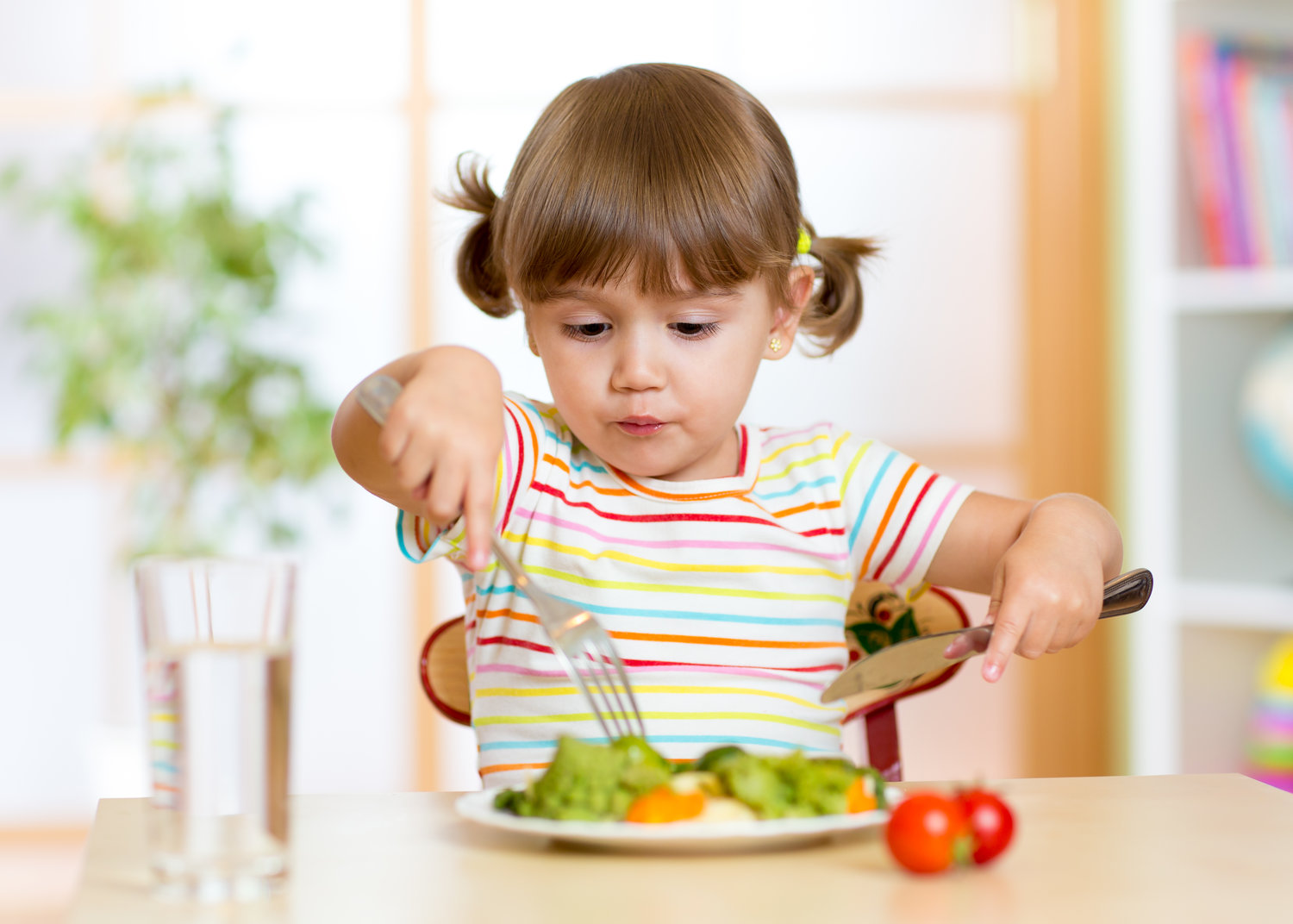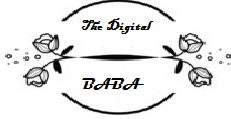
When it comes to toddlers, nutrition is key. They are growing and developing at an incredibly rapid pace, and if they don’t get the nutrients they need, their development can be hindered. That’s why it’s so important to provide your toddler with the best possible nutriprep nutrition– food that is high in vitamins and minerals, but also low in sugar and unhealthy fats. Here are three tips for perfect toddler nutrition.
Infant Nutrition
Infants and toddlers require a lot of nutrients for proper development and growth. A healthy diet should include plenty of protein, carbohydrates, and fats. These foods provide the energy needed to help infants and toddlers learn, grow, and play.
Some tips for perfect toddler nutrition:
– Include plenty of high-quality protein in the infant’s diet. This helps to build muscle and increase energy levels. Lean meats, fish, eggs, legumes, and soy products are all good sources of protein.
– Include plenty of carbohydrates in the toddler’s diet. This provides energy for activities like playing and learning. Good sources of carbohydrates include whole grain breads and cereals, fruits and vegetables, white rice, pasta, potatoes, sweet potatoes, dried fruit, yogurt (plain or with added sugars),and oatmeal.
– Balance the toddler’s intake of fats with those from proteins and carbs. Healthy fats help to maintain overall health by providing essential fatty acids (EFAs) that can help the body to function properly in many ways. Good sources of healthy fats include olive oil, avocado oil, nuts and seeds (such as pumpkin seeds), low-fat dairy products (such as yogurt), lean meat (including fish), Sardines canned in waterTM ,and eggs from free range chickens .
Infant Nutrition | Toddler & Children Nutrition
Infant nutrition:
A baby’s first meals are extremely important for their healthy development. The American Academy of Pediatrics (AAP) recommends that all babies begin receiving routine feedings by 6 months old, and continue until they are at least 12 months old. The AAP also advises parents to breastfeed as long as possible, and to provide complementary foods and beverages after the first 12 to 16 months of life.
Toddler nutrition:
Toddlers are growing and developing quickly, which means their nutritional needs are changing too. A toddler’s diet should include many of the same essential nutrients as a baby’s, but it should also include more protein, calcium and vitamin D. Toddlers also need more complex carbohydrates and fats to support their growing brains and bodies. Here are some tips for providing a nutritious diet for toddlers:
- Include plenty of proteins in your toddler’s diet. Protein is essential for growth and development, so make sure to include enough in each meal. Good sources of protein include meat, fish, poultry, eggs, legumes (beans), nuts and seeds. Try to avoid high-fat foods like ice cream or sugary snacks because they can contribute to weight problems later on in life.
- Include plenty of fruits and vegetables in your toddler’s diet. This is especially important for ensuring they get the vitamins and minerals they need for optimal health. Veggies can be included in every meal or snack, or
Introducing Your Toddler to Solid Foods
Toddlers are growing and developing quickly, so it’s important to provide them with the best nutrition possible. Most experts agree that starting your toddler on solid foods is a good way to help them grow and develop properly. Here are some tips for introducing your toddler to solid foods:
- Choose healthy foods. Start by feeding your toddler nutritious, whole foods like fruits, vegetables, and meat. Avoid processed foods and sugary drinks.
- Serve small portions at first. Give your toddler small portions of food several times a day instead of one large serving. This will help him learn to control his eating habits and build up his appetite gradually.
- Encourage play during mealtime. Try to have some fun while you’re eating together as this will help your toddler learn to enjoy solid food as well. Feeding time can be a fun opportunity for learning about different types of food and for bonding with your child.”
Feeding Your Toddler on a Budget
When it comes to feeding your toddler, there are a few things to keep in mind on a budget. Here are some tips for getting the most out of your toddler’s food budget:
1) Start with a balanced diet. Not only will this help you save money, but it will also help ensure that your child is getting the nutrients he or she needs.
2) Skip processed foods. These foods tend to be high in sugar and salt, both of which can be harmful to toddlers’ developing bodies. Instead, try to stick to whole foods as much as possible.
3) Limit tap water intake. While tap water is generally safe to drink, Toddlers are still growing and need plenty of fluids. Try to provide them with fresh juice or water instead.
4) Keep snacks simple and healthy. Sticking to snacks like fruits, vegetables, yogurt, sandwiches made with whole-grain bread and lean protein may save you money while providing ample nutrition for your toddler.
Ensuring Your Toddler gets Enough Variety
- Make sure your toddler gets plenty of variety in their diet. A varied diet helps to prevent problems such as allergies and obesity later on.
- Introduce new foods slowly to avoid any potential food allergies. Start by offering a small portion of the new food, and then gradually increase the amount over time until your toddler is comfortable eating it whole.
- Include plenty of fruits and vegetables in your toddler’s diet, as these are both low in calories and high in nutrients.
- Limit processed foods, sugary snacks, and soda throughout the day. These are all calorie-dense, unhealthy options that can easily be turned into habits for your toddler if left unchecked.
- Avoid giving your toddler over-the-counter medications or supplements without consulting a doctor first. These items can contain dangerous ingredients that could have long-term health consequences for your child.
Teaching your Toddler about Nutrition
When it comes to toddlers and nutrition, it’s important to start early. While they may not be able to fully understand the concepts behind good eating habits yet, by introducing healthy foods and snacks at an early age, your toddler will begin to develop a healthy relationship with food. Here are some tips for teaching your toddler about nutrition:
- Talk About Food. One of the best ways to teach your toddler about nutrition is to have regular conversations about food. Ask them what they want for breakfast, lunch, and dinner, and quiz them on what they’ve eaten that day. This will help them learn about the different nutrients in foods and develop a healthy eating habit from the get-go.
- Introducing Healthy Snacks Early On. Another way to help your toddler develop a healthy relationship with food is by introducing them to healthy snacks early on. Have them try fruits and vegetables as well as functional snacks like sandwiches made with whole grains instead of processed breads or chips. By doing this, you’re helping them build a foundation for a lifetime of healthy eating habits!
- Be consistent And persistent With Nutrition Advice. Finally, be consistent and persistent when it comes to giving your toddler nutrition advice. Whether you’re telling them that certain foods are good or bad for their health, make sure you stick to your guns! This will help ensure that your child develops good eating habits from the beginning


